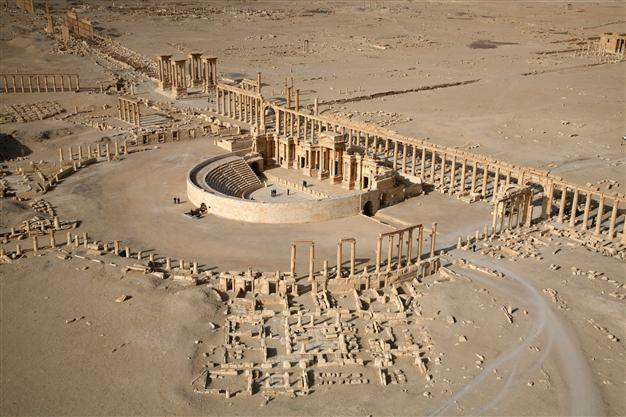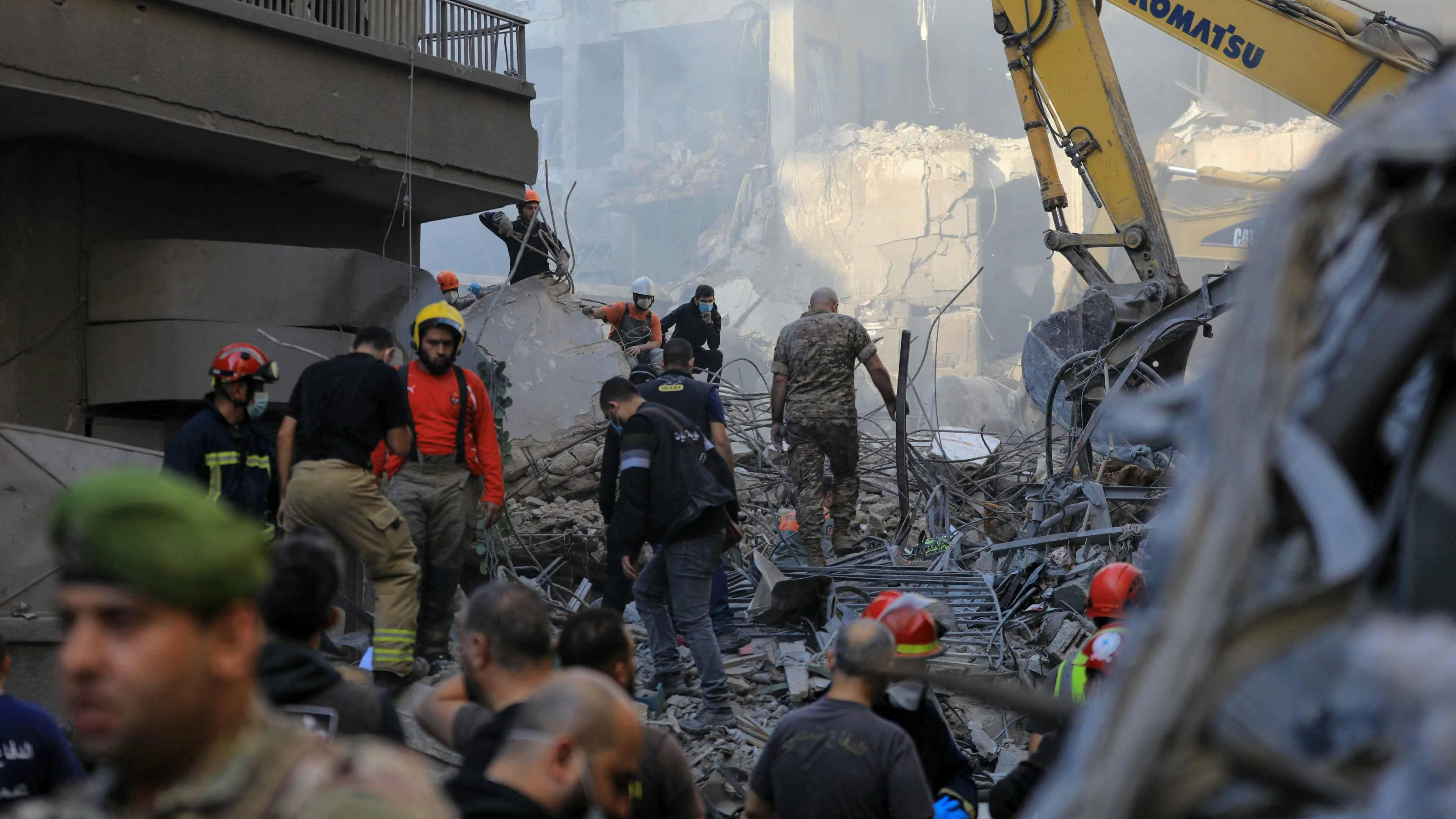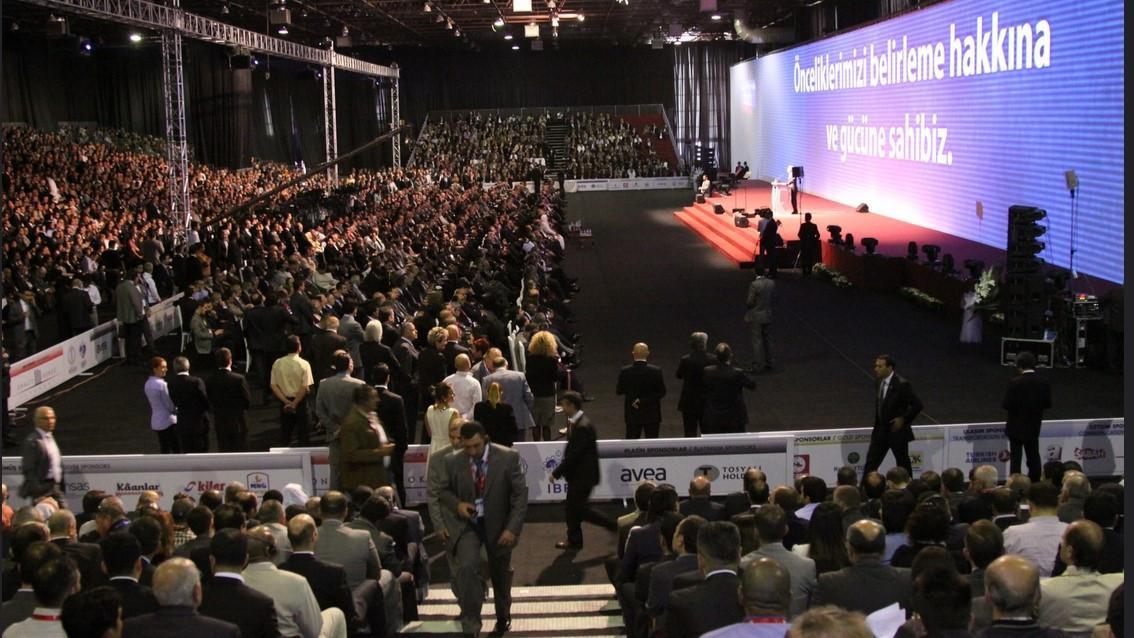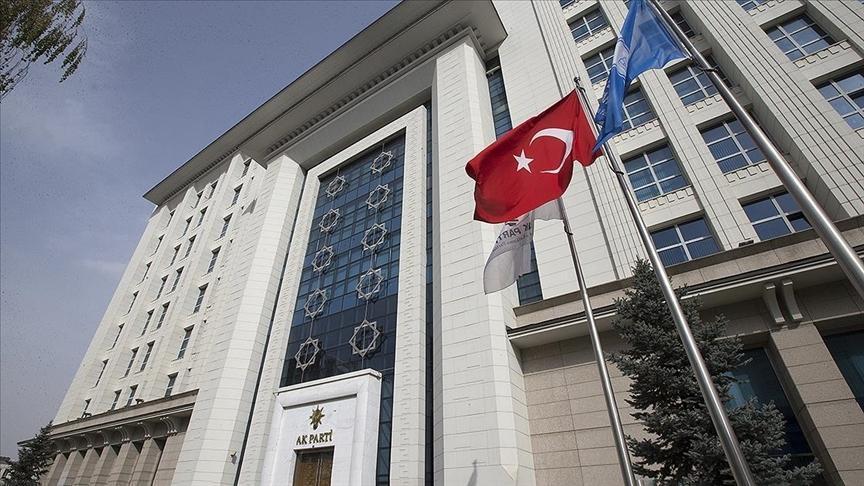Syrian army advances west of ISIL-controlled Palmyra
DAMASCUS - Agence France-Presse

An aerial view taken on January 13, 2009 shows a part of the ancient city of Palmyra. AFP Photo
Syria's army advanced this weekend west of the ancient city of Palmyra, reopening a key supply route for oil and gas to the capital, a newspaper and monitoring group said June 22."The infantry has made tangible progress in the area of west Biyarat," said the Al-Watan daily, which is close to the government.
It said the army had "intensified" its operations against the Islamic State of Iraq and the Levant (ISIL) in Palmyra and the surrounding area.
"This weekend, the regime ousted IS [ISIL] jihadists from al-Biyarat and is now about 10 kilometres (six miles) from Palmyra," said the Syrian Observatory for Human Rights monitoring group.
Observatory head Rami Abdel Rahman said the capture of the area "allows the regime to secure a transport route for oil from the Jazal field... to other Syrian cities under its control."
Pro-government forces recaptured Jazal, which lies about 20 kilometres northwest of Palmyra, from ISIL forces last week.
It is one of the few Syrian oil fields still in government hands.
Army reinforcements were despatched to Biyarat as air raids rained down on the city, the Observatory said, adding that at least 11 people were killed on June 21.
ISIL overran Palmyra on May 21 amid global fears that it would destroy the UNESCO world heritage site's renowned ruins, much like it did to archeological sites in Iraq.
On June 21, the group laid mines around the city's well-preserved Greco-Roman ruins, the Observatory said.
It remained unclear whether the jihadists were planning on demolishing the ruins, or if they had laid the mines in order to prevent the advancing regime forces from retaking the city.
But Abdel Rahman said the regime's priorities were retaking the oil and gas fields around Palmyra, and not the city itself.
"Those fields provide electricity to Damascus, Banias on the coast, and Homs," Abdel Rahman said, adding that he doubted "the regime would attack Palmyra now, where it doesn't have popular support."
















